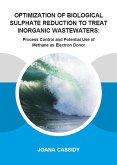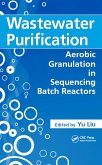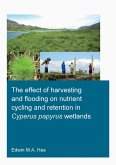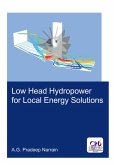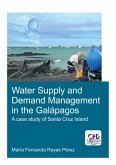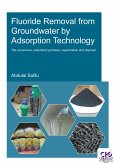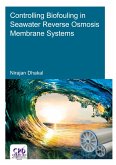This work showed two possible approaches to optimize biological sulphate reduction: a) the development of a control strategy to optimize the input of the electron donor taking into account the accumulation of microbial storage products. A validated mathematical model is presented to assist in the sulphide control strategy; and b) the feasibility of using methane as a carbon source for biological sulphate reduction and possibly other co-substrates to expedite the process.
Dieser Download kann aus rechtlichen Gründen nur mit Rechnungsadresse in A, B, BG, CY, CZ, D, DK, EW, E, FIN, F, GR, HR, H, IRL, I, LT, L, LR, M, NL, PL, P, R, S, SLO, SK ausgeliefert werden.



